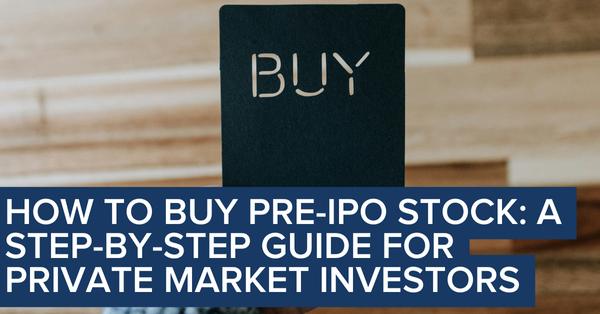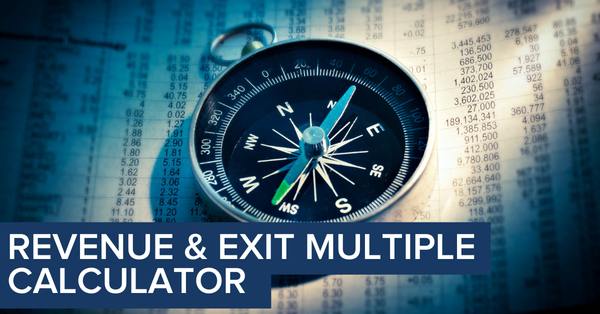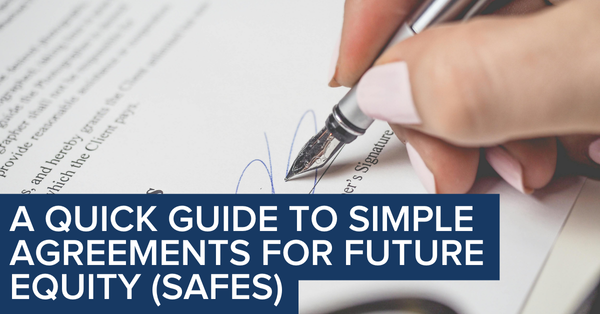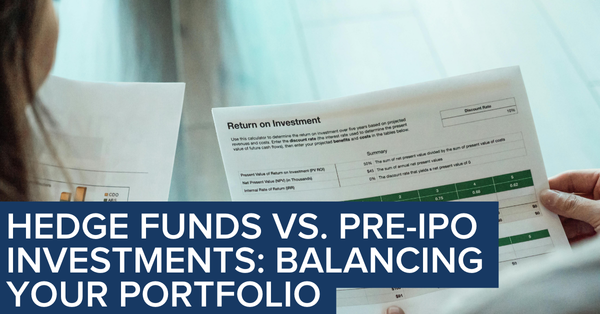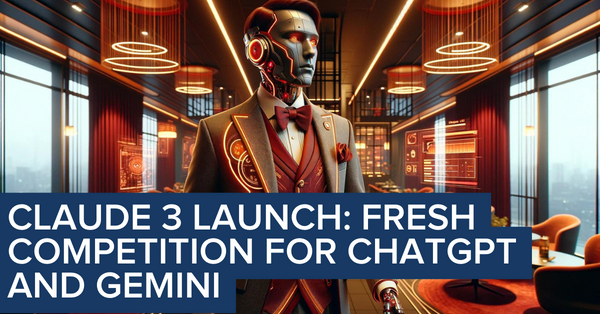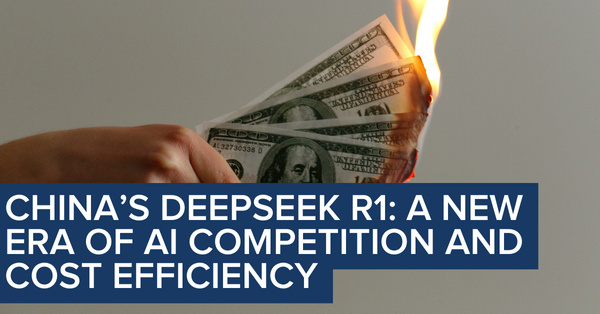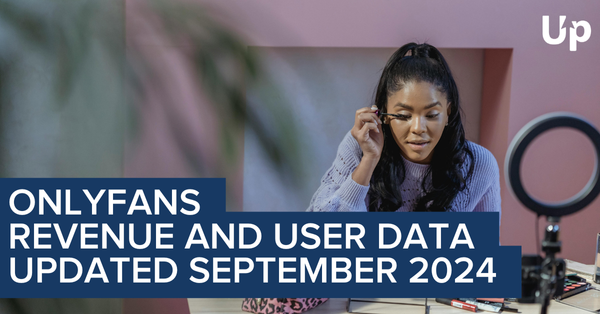Are xAI and its co-founder Yuhuai “Tony” Wu Building an AI Mathematician?
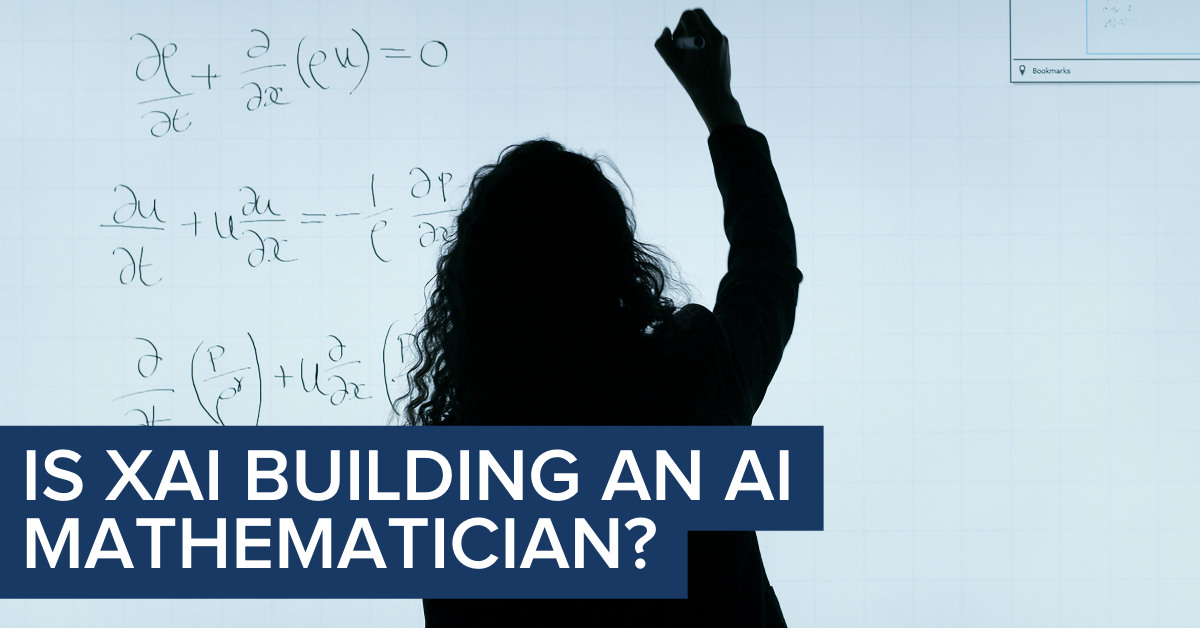
xAI’s team comprises top talent from well-known companies like Tesla, SpaceX, OpenAI, Google Research, and Microsoft Research. Co-founder Tony Wu is among those on this list.
Tony Wu’s research focuses on quantitative reasoning and building an AI mathematician. As he helps lead xAI, you would expect his focus on mathematics to drive xAI’s artificial intelligence work. In doing so, xAI could help bolster an area of artificial intelligence that appears to be lagging behind.
In this article, we’ll cover Tony Wu’s background, the current state of quantitative reasoning (math) in AI, how competitors approach math, and what the future holds for xAI with Tony Wu at the helm.
Who is Tony Wu?
Yuhuai “Tony” Wu co-founded xAI and is potentially leading the company toward creating an automated mathematician.
Education - a focus on quantitative reasoning
Tony Wu completed his undergraduate degree at the University of New Brunswick, earning a Bachelor of Science in Mathematics. He then went on to the University of Toronto, where he earned a Doctor of Philosophy in Machine Learning.
Background
Even during college, Tony Wu took on numerous different positions in the research realm, including with the Institute for Computational and Experimental Research in Mathematics (ICERM) and the Quebec Artificial Intelligence Institute.
Wu’s extensive background extends to other leading companies in the artificial intelligence industry, including OpenAI, DeepMind, and Google. In April 2023, Wu began his career at xAI.
xAI Role
Tony Wu has been very clear with his research interests, explaining, “I have chosen mathematics as a starting point to study reasoning with the aim of creating an automated mathematician.”
Wu’s previous role at Google focused on exploring the interplay between large language models and mathematics in chatbots.
Wu and his team at Google fine-tuned a model trained on internet data using various sources, like archived math and science papers. The result was a chatbot that scored better than the average 16-year-old on math problems.
This work may set the foundation for Wu’s goals at xAI as he looks to create a chatbot that can solve mathematical theorems all by itself.
The Current Status of Math in AI
Tony Wu has already extensively studied the role of AI in math, releasing various papers on the subject. Throughout his research, Wu notes the lack of quantitative reasoning in language models. Here is a summary of recent papers Wu contributed to:
June 2022 – Solving Quantitative Reasoning Problems with Language Models
Wu’s contributions to this research paper uncovered that language models have made significant strides in a variety of tasks but still struggle with quantitative reasoning, including mathematics, science, and engineering problems.
This study generated Minerva, a large language model that has been trained on technical content using natural language data. Minerva outperformed technical benchmarks on topics including physics, economics, and chemistry.
February 2023 – Guiding Formal Theorem Provers with Informal Proofs
This study uncovered that the formalization of mathematical proofs is difficult despite decades of research on the topic. A method for mapping informal proofs was introduced in this study, called Draft, Sketch, and Prove (DSP).
DSP was used to map informal proofs to formal proof sketches. Language modes that used DSP enhanced performance from 20.9% to 39.3% on math problems.
A Competitive Landscape: OpenAI and Q*
Chatbots are notoriously bad at math, with these models designed to generate human-like text, not solve quantitative problems and equations. In order to develop an accurate and comprehensive model, the machine must have a deep understanding of applicable mathematical concepts and general high-level reasoning.
The industry's lag in this niche presents opportunities for AI companies like OpenAI, which is developing Q*, a new model that focuses on solving mathematical problems. Currently, Q* is only able to solve grade-school math problems, but researchers are very optimistic about the model’s future capabilities.
Q* is rumored to be such a significant breakthrough that some believed it was connected to the short-lived ouster of CEO Sam Altman:
Ahead of OpenAI CEO Sam Altman’s four days in exile, several staff researchers wrote a letter to the board of directors warning of a powerful artificial intelligence discovery that they said could threaten humanity, two people familiar with the matter told Reuters.
…
Some at OpenAI believe Q* (pronounced Q-Star) could be a breakthrough in the startup's search for what's known as artificial general intelligence (AGI), one of the people told Reuters. OpenAI defines AGI as autonomous systems that surpass humans in most economically valuable tasks.
xAI’s Trek Toward an AI Mathematician
Models that can solve complex math problems are unheard of in the realm of AI, which is why xAI looks to pioneer a new wave of large language models on its mission to build “ artificial intelligence to accelerate human scientific discovery.” Tony Wu isn’t the only team member at xAI pushing for a mathematician model.
In fact, Igor Babuschkin has released numerous tweets about the need for math in large language models. With an entire team standing behind Tony Wu and Igor Babuschkin, the future of mathematical reasoning at xAI looks promising.
Investing in Artificial Intelligence and Quantitative Reasoning
If you are an accredited investor looking to gain access to alternative investments, such as in pre-IPO companies like xAI or hedge funds and private equity, sign up for a free UpMarket account to get notified about our current and upcoming offerings.
The information contained in this article is not investment advice; and does not constitute a recommendation to buy or sell any securities. The information within this article is meant for informational purposes only. Any statement in this document does not mean that the firm nor its employees agrees, endorses or approves any content of the document. This article is only for knowledge sharing and does not constitute any investment advice. Anyone who makes an investment decision based on this article does so at their own risk. Any fund investment should be made through a formal confidential private placement memorandum and other fund documents. Potential investors should carefully read the risk factors in the private placement memorandum of securities issuance, and consult their own professional consultants if necessary, and receive advice on any investment, legal, tax or accounting issues. Past performance is not indicative of future performance, and the investment may potentially result in a loss of principal. The source and data of the material are considered to be reliable. However, there is no guarantee of its accuracy or completeness. The Company has no obligation to disclose or revise or modify this statement or any forward-looking statements as the circumstances change or as a result of subsequent events. Private equity funds are only suitable for specific qualified investors to subscribe. United States sales of the fund interests are exempt under Regulation D of the U.S. Securities Act of 1933, and are only applicable to potential investors who are eligible as "Qualified Investors" under Regulation D. Sales outside the United States are exempt under Regulation S of the U.S. Securities Act of 1933. Private equity funds are sold through Upmarket Securities LLC. Upmarket Securities LLC is a U.S. registered broker-dealer, and member of FINRA.
About UpMarket
UpMarket's mission is to unlock the private markets for individual investors.
We provide access to a range of asset classes and investment strategies that span private equity, hedge funds, crypto, real estate, and other alternative assets.
The problem
- A large barrier to entry due to high investment minimums
- Time-intensive because sourcing deals is a lot of work even if you’ve got a great network, and
- Costly because of investment-related diligence costs, paperwork, and legal fees
The solution
- Offering lower investment minimums
- Sourcing and conducting diligence on opportunities for investors, empowering them to pick and choose from pre-screened opportunities
- Making the investment process entirely digital, straightforward, and easy to manage from a single portal


